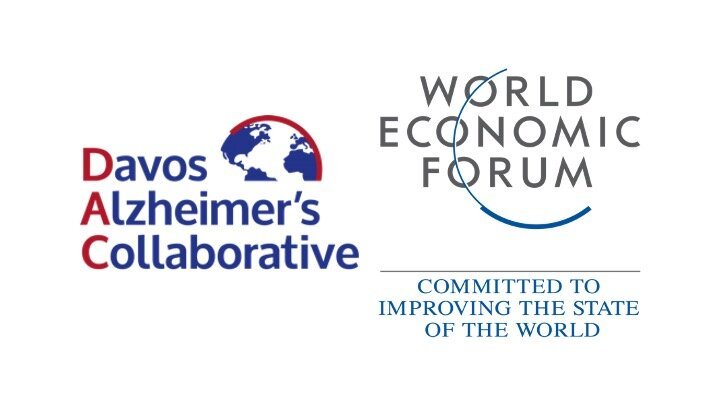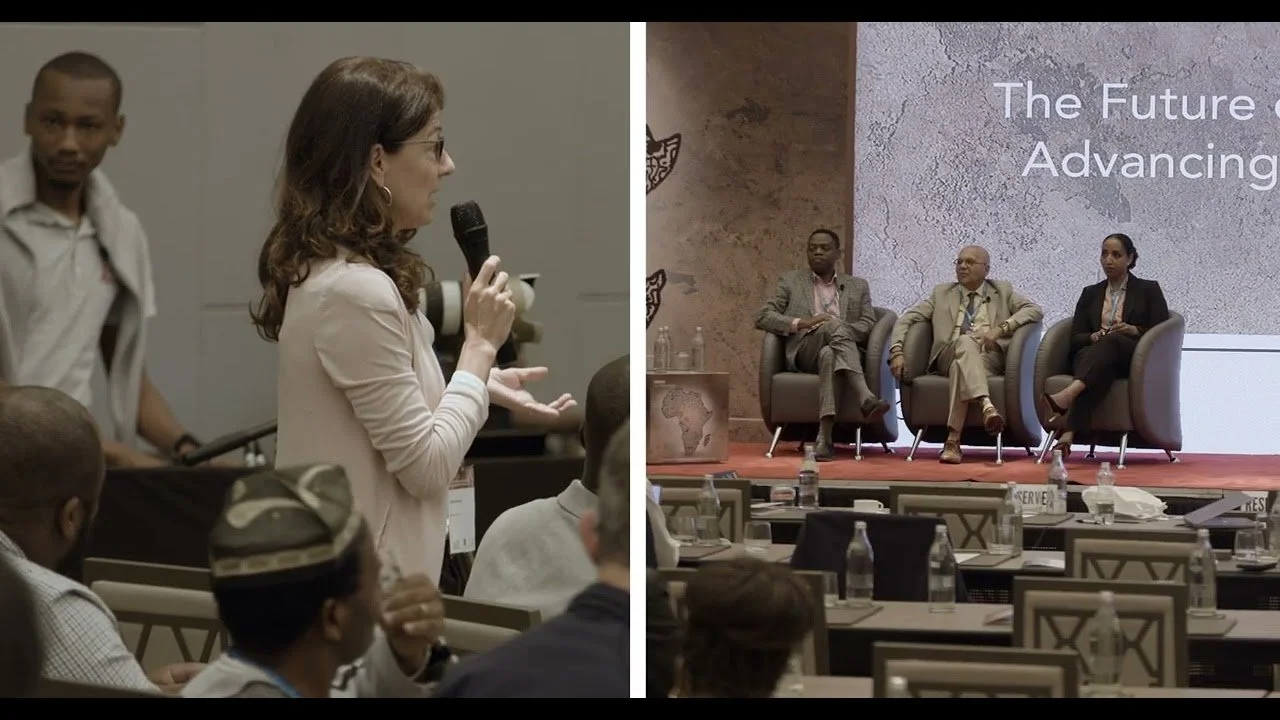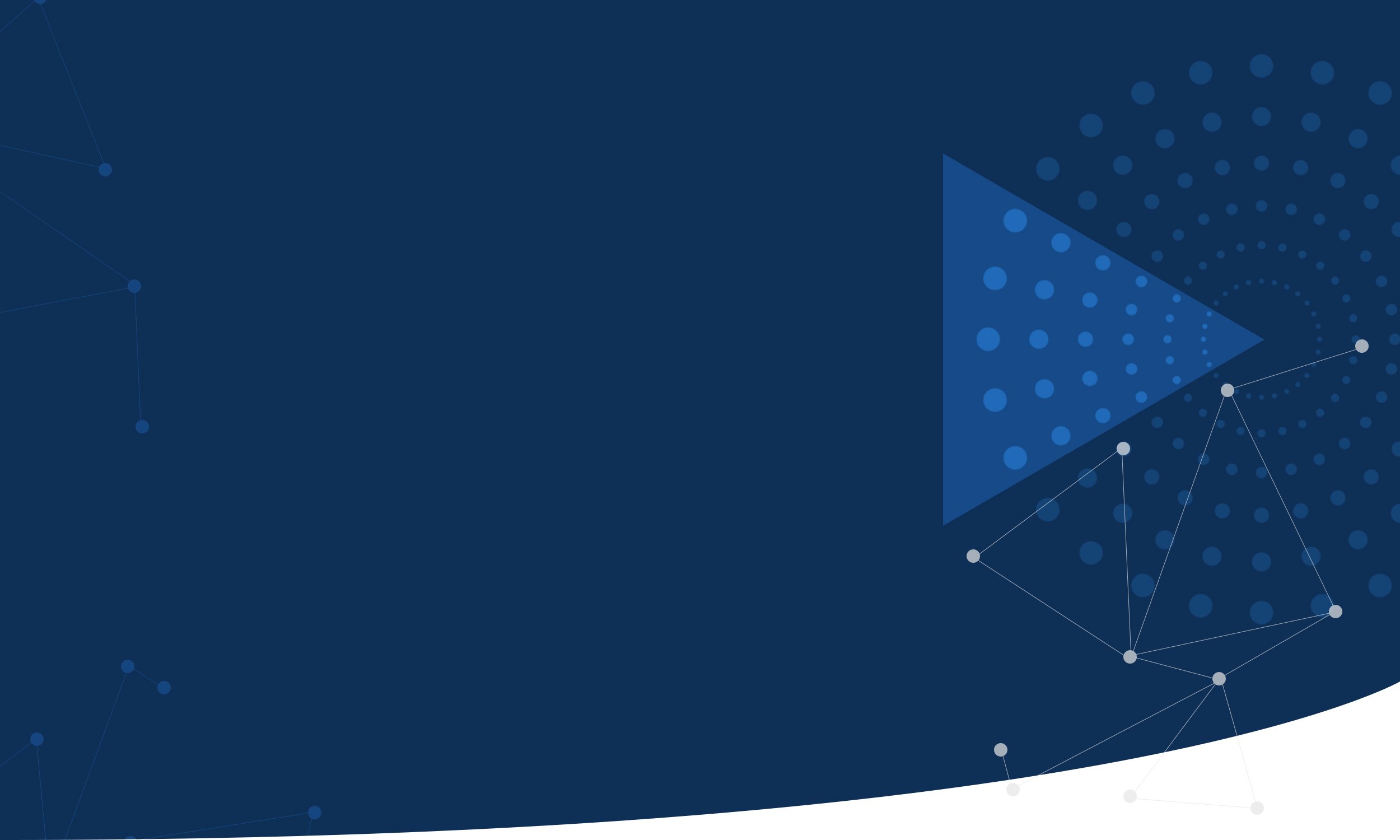
Africa Task Force on Brain Health: The 6x5 Plan
Published in Nature Medicine
By 2050, the number of Africans aged 60 and over will triple, yet the continent remains underprepared for the sharp rise in neurodegenerative disorders. That’s why DAC created the 6x5 plan: to accelerate brain health innovation across the continent before the window closes. Led by Africans and driven by a bold, actionable roadmap, the initiative is advancing solutions that improve health, strengthen communities, and power economic resilience. With the opportunity to leapfrog outdated models, Africa is not just participating in the future of brain health—it’s setting a new global standard through inclusive, scalable, and sustainable strategies.
Why Africa
Africa is at a critical inflection point. With a population of over 1.3 billion and a median age of just 19, the continent is both the youngest and one of the most rapidly aging regions in the world. At the same time, Africa holds unmatched scientific and cultural diversity. Its populations are the most genetically diverse in the world—offering unique insights into biology, resilience, and aging. Yet African communities account for less than 1% of global brain health research, leaving critical gaps in data, policy, and care.
Mie Rizig, clinical senior research fellow, from University College London, notes that ADRD symptoms often appear earlier in African populations.
Why Now
Rising Alzheimer’s cases, limited infrastructure, and widening policy gaps make Africa’s brain health landscape both a global challenge and a historic opportunity. By acting now, Africa can leapfrog traditional models—developing scalable, culturally relevant systems that support brain health across the life course, from maternal health and childhood development to midlife prevention and healthy aging.
The cost of inaction is high; the window to act is now. At DAC, we believe solving Alzheimer’s means transforming systems—not just delivering treatments. That’s why we’re making a strategic bet on Africa—where the need is greatest and the potential for innovation is highest.
Zul Merali, founding director of the Brain and Mind Institute at Aga Khan University, describes the changing demographics of Africa and the need to get ahead of ADRD cases.
Read more about the 6x5 plan in Nature Medicine.
Task Force Working Groups
The Task Force unites experts from Africa’s five geopolitical zones in a multi-level, multisectoral structure, ensuring regionally grounded, locally responsive work. Organized into six working groups aligned with the 6x5 Plan’s core priorities, each group is now fully operational and led by experts driving implementation and impact.
-

1. Brain Health Advocacy
Transform public understanding of brain health across Africa through culturally grounded advocacy, non-stigmatizing language, and integrated health literacy campaigns that reach diverse communities and align with existing NCD efforts.
-

2. The Brain Economy
Position brain health as a pillar of sustainable development by linking it to economic growth, workforce productivity, and social well-being through culturally grounded, lifespan-based strategies.
-

3. Repurpose Existing Resources
Leverage underutilized infrastructure, frontline and traditional health workers, and Africa’s strengths in disease response, social networks, and biodiversity to scale brain health through primary care and deliver sustainable, locally driven impact.
-

4. Break Down Silos of People and Data
Build a unified, Pan-African research and data ecosystem to break down silos, improve data sharing, and enable evidence-based brain health policies and innovation across the continent.
-

5. Data.Digital.AI
Harness Africa’s digital transformation to scale inclusive, culturally adapted, and AI-driven brain health technologies that improve early detection, monitoring, and prevention across diverse communities.
-

6. Fund Brain Health
Mobilize sustainable funding for brain health by aligning with existing health priorities, leveraging philanthropic and private sector investment, and positioning brain health as a strategic driver of economic development across Africa.
Nature Portfolio’s First Conference in Africa
This strategic effort originated from a landmark 2024 conference, co-hosted by DAC, the Brain & Mind Institute at Aga Khan University, and Nature Portfolio. Held in Nairobi, Kenya, it brought together over 250 researchers, policymakers, and advocates from across Africa and around the world. The momentum from that gathering catalyzed the formation of the Task Force and the development of a roadmap, published in Nature Medicine, to translate vision into measurable, lasting impact for Africa and beyond.
Task Force Leadership Team
-

Uzma Alam. MPH, Ph.D,
-
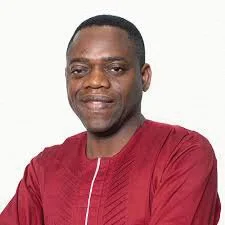
Rufus Akinyemi, MBBS, MSc, PhD, MWACP, FMCP
-

Angela E. Apeagyei, PhD
-
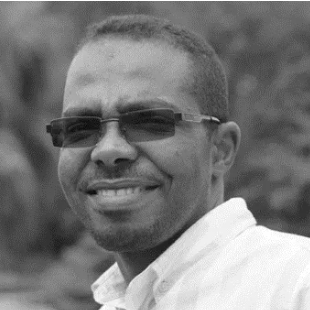
Mosab Ali Awadelkareem, PhD
-
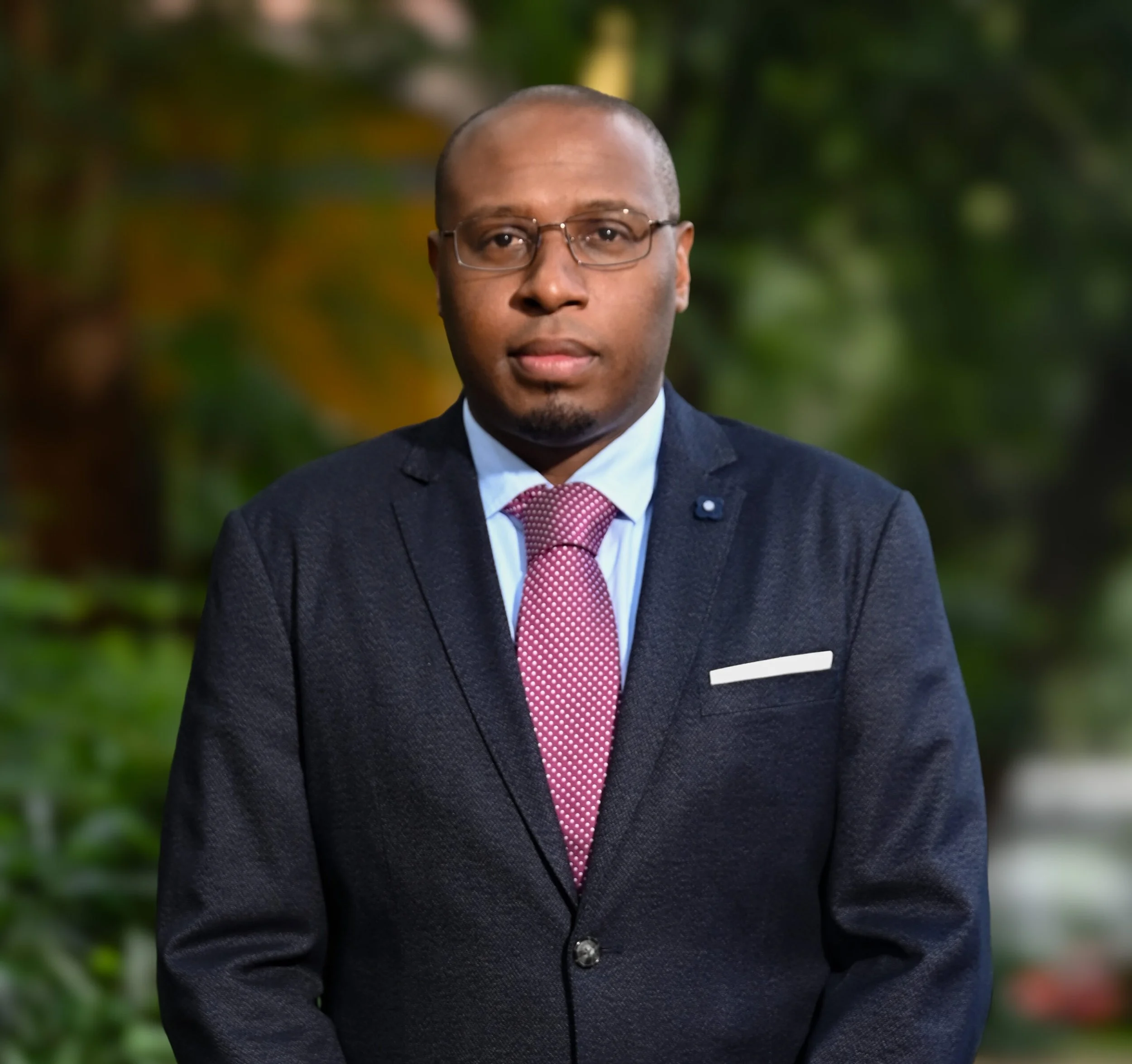
Byron Bitanihirwe, PhD
-

Kana Enomoto
-

Harris A. Eyre, MD, PhD
-
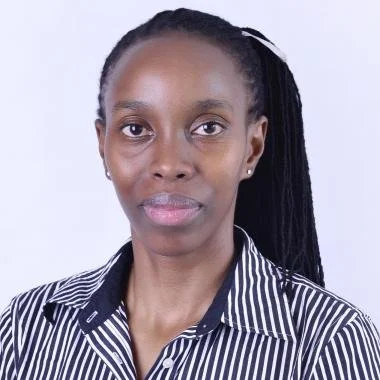
Muthoni Gichu, MB.Ch.B, MSc
-

Riadh Gouider, MD
-

Maëlenn Guerchet, PhD
-

Razak Gyasi, PhD, PD
-
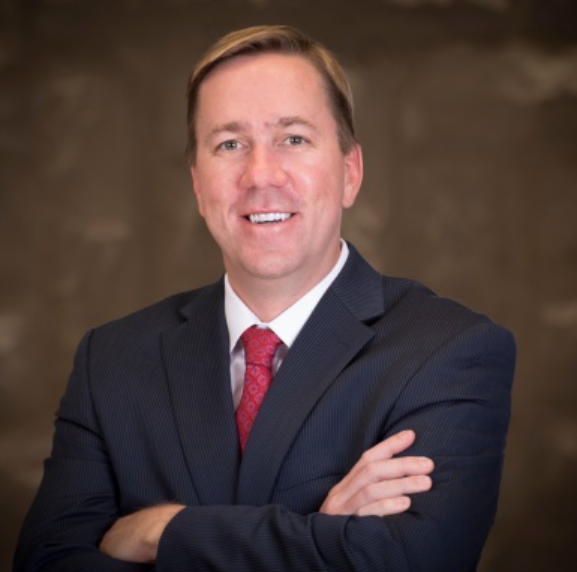
-

Raj Kalaria, PhD
-

Lingani Mbakile-Mahlanza, DPsyc
-

Connor McLaughlin
-

Zul Merali, PhD
-

Chi Udeh-Momoh, PhD, MSc, FHEA
-
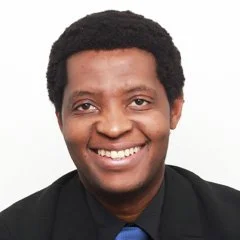
Cyprian M. Mostert, PhD
-
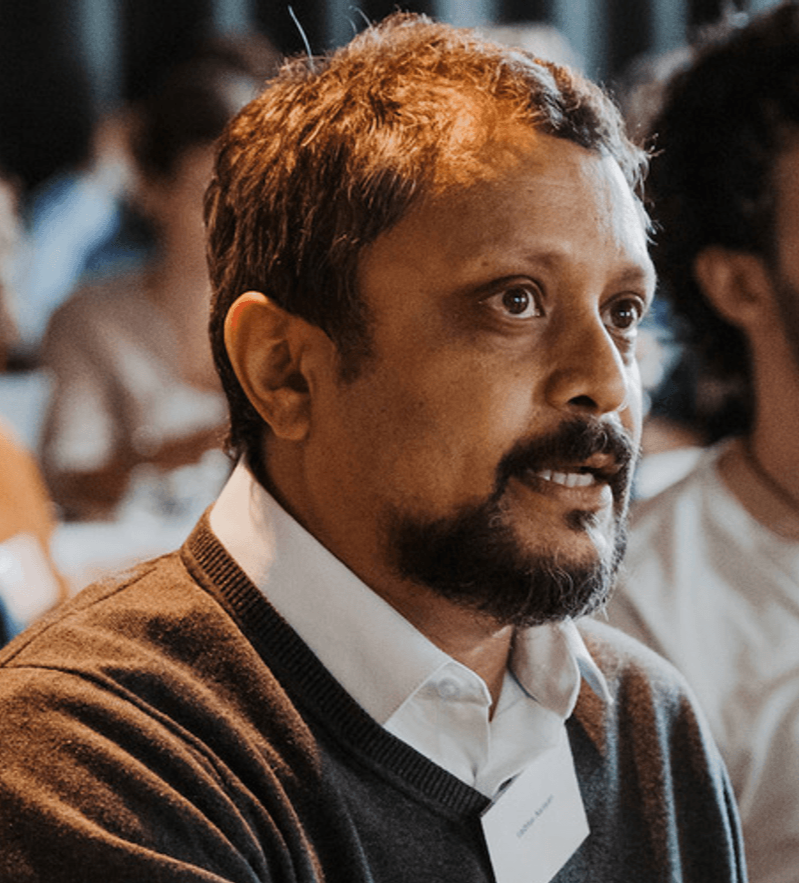
Vaibhav A. Narayan, PhD
-

Prof. Alfred K. Njamnshi
-
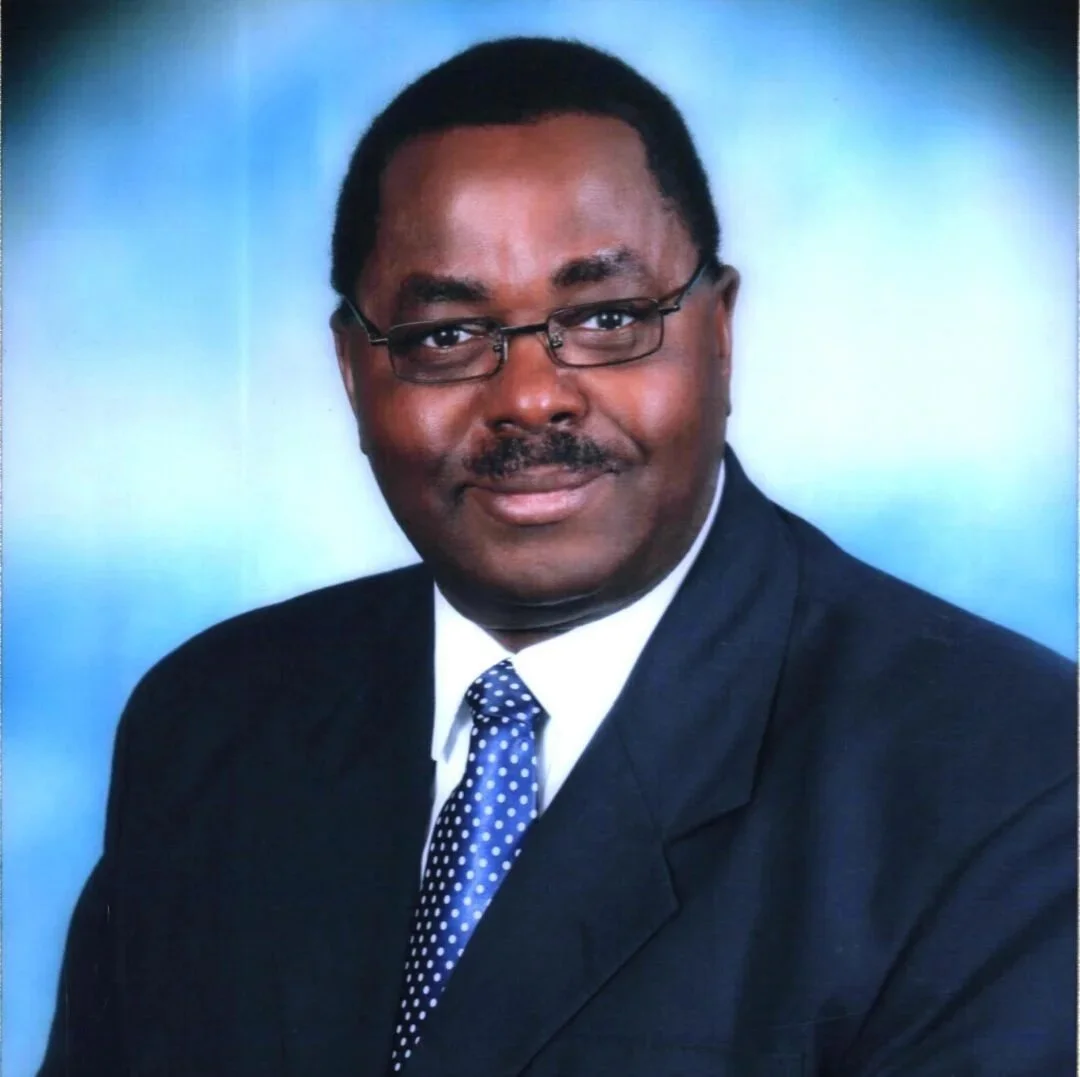
Prof. David M Ndetei
-

Adesola Ogunniyi, MD
-

Akin Ojagbemi, MBBS, PhD. MSc
-

Chido Ratidzai Rwafa-Madzvamutse, MBChB
-

Mie Rizig, PhD
-

Mohamed Salama, MBBCH, DTQM, PhD
-

Stephen Tollman, MBBCh MMed, MA, MPH, PhD
-

George Vradenburg
